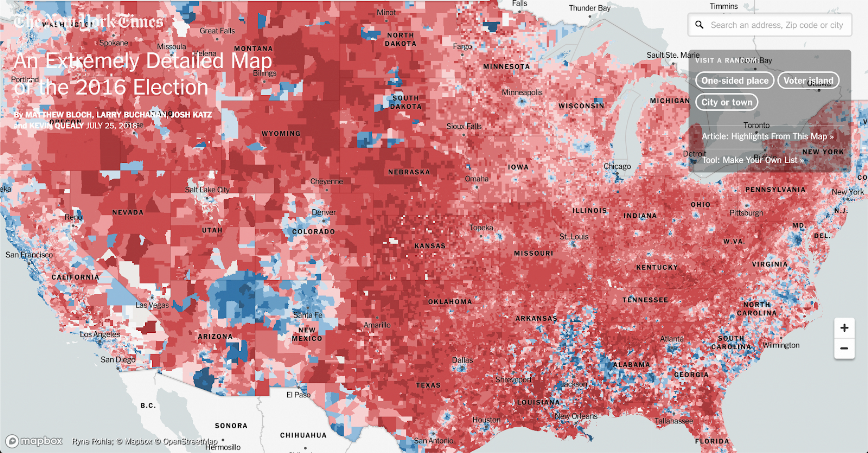The National Popular Vote Interstate Compact
In November 2020, Coloradans will vote on whether our state’s electoral votes should be granted to the presidential candidate who wins the National Popular Vote, or should instead continue to be granted to the presidential candidate who is selected by the majority of Coloradans.
Background Information:
- The National Popular Vote Interstate Compact (NPV) was passed in 2019 by the Colorado Legislature.
- The Legislature had the legal right to do this; however, many Coloradans feel that they should have been consulted before the state government gave away their electoral votes. Through petition efforts, repeal of the NPV is now on the November ballot, and Colorado citizens will get to have their say.
- The NPV would not go into effect for the 2020 election, because it only affects future elections, once it has already been passed. Whether it passes or fails, it will not impact the 2020 Presidential Race.
- The NPV gains legal force only if the electoral votes from states which have passed the NPV total 270 or more - in other words, the number of electoral votes necessary to win the presidency.
- The electoral votes from states which have passed the NPV total nearly 200 so far. See further details here.
So, how should Coloradans vote on the National Popular Vote Interstate Compact, come November?
Here is My Perspective:
What is best for protecting citizens’ rights?
- The primary job of the government is to protect citizens’ rights, and this means BOTH the rights of the majority AND the rights of the minority.
- Federalism, in which each state acts as an independent political entity, enhances protections for individual liberty in the following crucial way: states can have different sets of laws. This protects political minorities. If a person or community feels that their values do not match the legal environment in their current state, they can move to a state of like-minded people and continue to live in the way that they believe is best.
- The Federal Government interferes with this, because the laws it makes apply across state lines and across all legal jurisdictions. Therefore, when choosing a president to be the Federal Executive, that person should be elected by the majority of legal jurisdictions, not by the majority of people. The current situation with the electoral college approximates this. For example, in 2016 Donald Trump won a vast majority of all counties in the US, accounting for over 90% of the country’s land area (see below), yet lost the popular vote.
- It has been argued that electing the president by popular vote would reduce political polarization in the US. However, it seems to me that if a tiny number of legal jurisdictions happen to be populous enough to force their ideas on the other 90+% of the country, this will have an even more polarizing effect than that which occurs when 90% of the country out-votes these tiny (but populous) areas. Those counties should implement their agendas at the local level, and leave the Federal Government to its purview of protecting rights.
- It is true that we feel more united when the popular vote and the electoral vote match - but this is because we are in fact more unified, and that is reflected in the vote. It is not possible to manufacture this feeling of unity by artificially changing the electoral vote to match the popular vote.
If the Federal Government were not so powerful, if it stayed out of issues that should be left to the states, this would not be such a difficult issue. However, the mindset of the Federal Government has changed from, “We must leave you free to live as you want to live,” to, “We will force you to live as we want you to live.” Small though it may be, the current electoral system offers some protection against Federal overreach - because laws need to be widely (not just highly) supported in order to gain an electoral mandate.
Bottom Line: Vote No on the NPV.
Moving to a popular vote for President gets rid of key protections for low-population states and rural areas. Electing the president by popular vote would be unjust, if that popular vote didn’t also coincide with the will of the majority of legal jurisdictions.
The most compelling argument I have heard in favor of the NPV is that people are clamoring to get rid of the electoral college altogether with a Constitutional Amendment. A Constitutional Amendment is much harder to repeal than is state NPV legislation, if we should decide to go back to the electoral system. The NPV, the argument goes, would be a way to run the popular vote experiment in a way that is easy to reverse. However, I believe that the bar for a Constitutional Amendment is sufficiently high that the US does not currently have the political will necessary to abolish the electoral college. I am not in favor of lowering the bar.
Margot Herzl, March 2020
